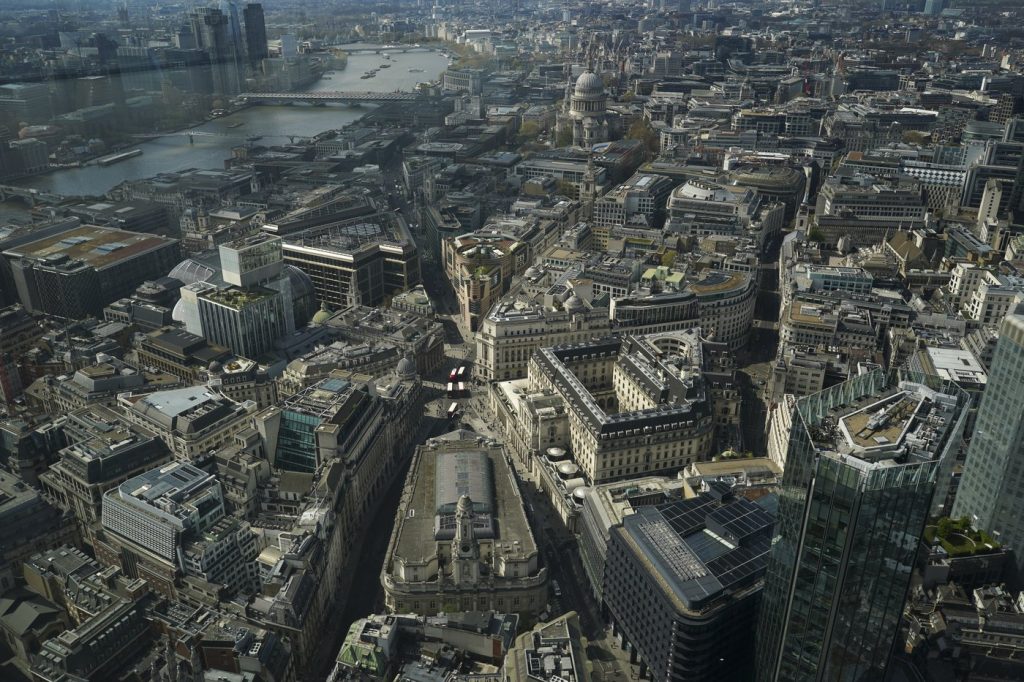LONDON (AP) — Inflation in the U.K. surged to its highest level in over a year, as reported by the Office for National Statistics on Wednesday. The consumer prices index, a key measure of inflation, rose by 3.5% year-on-year in April, an increase from 2.6% in March. This recent figure marks the highest inflation rate since January 2024 and surpasses expectations for a more modest rise to 3.3%.
The spike in inflation is particularly significant as it represents the steepest rise since October 2022, coinciding with the energy crisis that followed Russia’s full-scale invasion of Ukraine. Economists had predicted this considerable increase in inflation, attributing it to substantial annual price hikes for various household bills, the effects of increased business taxes, and a notable rise in the minimum wage.
Experts anticipate that inflation will remain above 3% for the remainder of the year, which could dampen expectations for further interest rate cuts by the Bank of England. The bank's target inflation rate is set at 2%. Recently, Huw Pill, the bank’s chief economist, expressed concerns about underlying inflation pressures, indicating that borrowing rates might have been reduced too hastily.
Since initiating interest rate cuts last August from a peak of 5.25%, the Bank of England has gradually reduced its main interest rate by a quarter of a percentage point every three months, bringing it down to 4.25% earlier this month.
Following the inflation update, Rob Wood, Chief U.K. Economist at Pantheon Macroeconomics, pointed out that interest rate reductions on a “precise quarterly schedule” are now uncertain. Although inflation is expected to stay above the bank’s target this year, it is projected to decrease next year. This decline may be influenced by a recent trade agreement between the U.S. and the U.K., which eliminated numerous tariffs that had been proposed by former President Donald Trump.
The sharp rise in inflation poses a challenge for the Labour Party government, which returned to power in July after a 14-year hiatus. In recent weeks, Labour has highlighted what it considers key economic achievements, including higher-than-expected growth in the first quarter and several trade agreements. These include the tariff agreement with the U.S., a trade deal with India, and a reset of the U.K.'s relationship with the European Union post-Brexit.
Treasury Chief Rachel Reeves expressed disappointment regarding the inflation figures, acknowledging the ongoing cost-of-living pressures affecting working people. In contrast, the opposition Conservative Party, which Labour succeeded in government, has attempted to attribute the inflation increase to Reeves’ decision to elevate the tax burden on businesses. Mel Stride, the Conservatives’ economy spokesperson, stated, “Families are paying the price for the Labour Chancellor’s choices.”
This landscape of rising inflation and competing economic narratives sets a complex stage for the Labour government as it navigates the challenges of managing the economy while addressing public concerns over living costs and fiscal policy adjustments.











